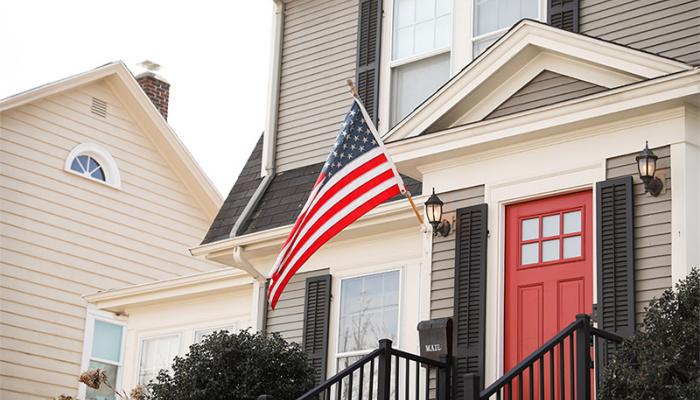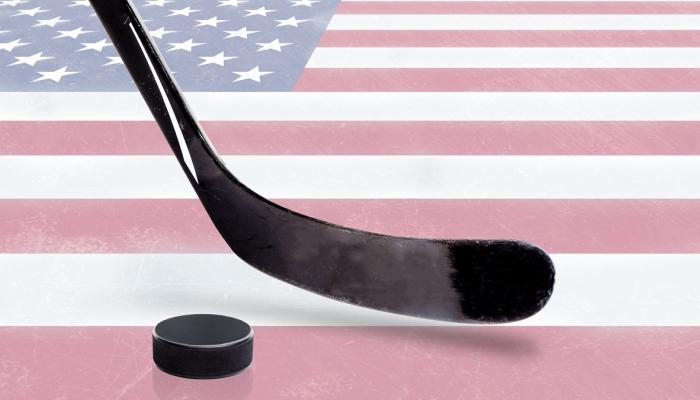Losing a loved one is never easy, but what do you do when you start receiving calls claiming that you are responsible for your deceased loved one's debt? Collection agencies waste no time in the event of a death, each rushing to make sure they are the first ones paid.
The question is, are you really responsible? Regardless of the answer, there are steps you can take to protect yourself from being hounded by debt collectors.
If you're looking to buy a home and you can't shake the debt, Veterans United's Lighthouse program can coach you through credit problems and help you achieve your dream of homeownership.
What Does the Law Say?
The first thing to understand is that your deceased loved one's estate is liable for the debt they carried while alive. If you are the executor of the estate, you can request the balance for the account of the deceased. If the balance is paid within 30 days, credit companies are prohibited from charging any additional penalties or fees.
Most of the time, creditors are simply paid out of the proceeds from the estate and whatever is left is split among the beneficiaries. If there is not enough money in the estate to cover the debt, there's usually not much a credit agency can do and the debt goes unpaid.
Certain portions of the estate may also be exempt from collection, such as life insurance or retirement funds.
However, there are some situations in which you would be held responsible for another person's debt. Many states have community property laws where both assets and debts of a married couple are considered joint property. This would mean that the surviving spouse would be responsible for any debt, regardless of whether or not they were a cosigner on the account.
Here are the community property states according to IRS.gov:
- Arizona
- California
- Idaho
- Louisiana
- Nevada
- New Mexico
- Texas
- Washington
- Wisconsin
If the deceased family member was not a spouse, you did not cosign on the loan or it was not a joint account, you have no legal obligation to pay their debts. This doesn't necessarily mean the debt collectors will stop calling you.
Dealing With Collection Agencies
If you are not directly connected to the debt, there is no reason a collection agency should be contacting you. Unfortunately, it has become standard practice for debt collectors to find relatives of the deceased in an attempt to coerce or intimidate them into paying their loved one's debt.
There are also scam artists who follow obituary columns and contact relatives of the deceased trying to obtain personal information. If you have any doubts as to the legitimacy of a caller, request that they send you a formal validation notice by mail. This will include the amount owed, the name of the creditor, and your rights under the Fair Debt Collection Practices Act. As always, never give out any personal information unless you're absolutely sure of who you're dealing with.
If you want a debt collector to stop calling you, submit your request to them in writing. Make a copy of the letter, send the original by certified mail and make sure to get a "return receipt" so you can show when the collector received the document. If a collector continues to harass you, you can report them to the Federal Trade Commission at 1-877-382-4357.
How have you managed to deal with debt after death?
Related Posts
-
 2025 VA Disability Pay Charts with CalculatorVA disability pay for 2025 increased by 2.5%. New VA disability compensation rates took effect December 1, 2024. Below are the 2025 rates and a VA disability payment calculator to determine your disability compensation quickly.
2025 VA Disability Pay Charts with CalculatorVA disability pay for 2025 increased by 2.5%. New VA disability compensation rates took effect December 1, 2024. Below are the 2025 rates and a VA disability payment calculator to determine your disability compensation quickly. -
 Military Families Can Save Big at NHL Games This SeasonCheck here for NHL military discounts and appreciation nights for military families. See if your favorite team offers discounted tickets to home games.
Military Families Can Save Big at NHL Games This SeasonCheck here for NHL military discounts and appreciation nights for military families. See if your favorite team offers discounted tickets to home games.


